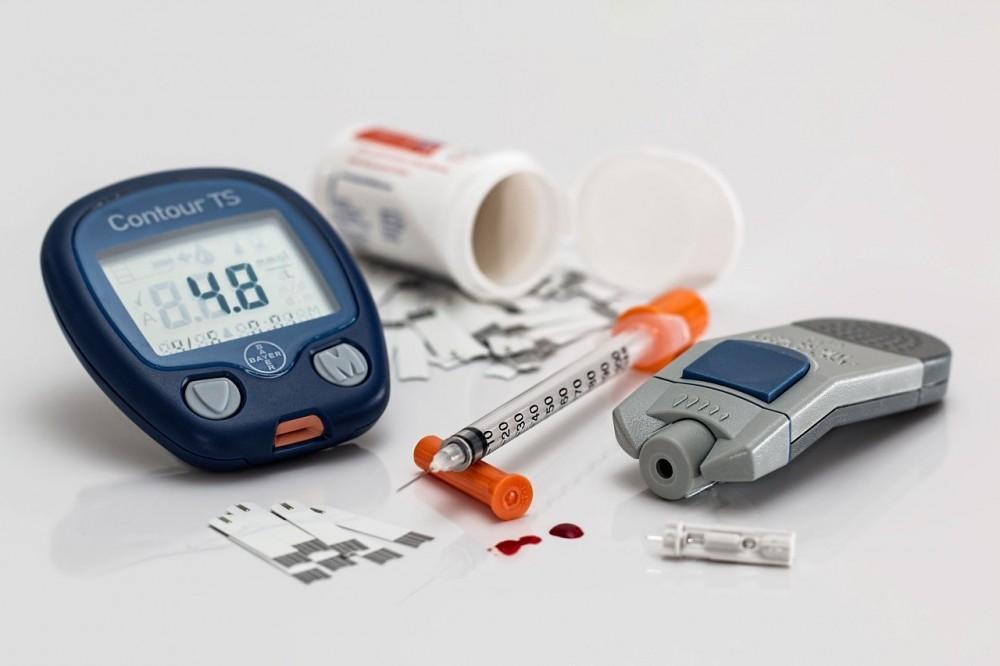For a diabetic person, living with the disease means fully-committing to it. Diabetic patients are always on the lookout to keep their blood sugar levels in control. It is very common for complications to arise in diabetic patients that can lead to severe and life-threatening health conditions.
As a diabetic patient, you must invest time and money and ensure you are getting the best diabetes care so you enjoy a healthy lifestyle and future.
This blog will highlight everything you need to know about keeping your body in check and managing your life with diabetes.
So, let us start with the basics.
Types of Diabetes
Type 1 Diabetes
In type 1 diabetes, the body stops producing insulin that is needed to extract glucose from the foods you consume and turn it into energy. People with type 1 diabetes need to take insulin in artificial forms, such as through injections, every single day to survive.
Type 2 Diabetes
Type 2 diabetes is the more common form of diabetes. In type 2, the body does not produce or use natural insulin as well as it is supposed to. As a result, the diabetic patient must take insulin in artificial forms via pills or injections.
Gestational Diabetes
A lesser-known type of diabetes is gestational diabetes, which pregnant women usually develop. This type of diabetes affects the ability of the cells to use glucose from sugar. Gestational diabetes can cause high blood sugar levels that may be harmful to the pregnant mother and her baby.
The Body of a Diabetic Patient
Diabetes can affect your body in many ways. It can cause the following problems:
1. Skin Issues
The most common skin problem linked to diabetes is dry skin. Diabetes causes nerve and blood vessel damage as well as dehydration. These problems can lead to the skin becoming dry and flaky. In many severe cases, you might also suffer from skin infection.
2. Cognitive Issues
Changes in blood sugar levels can affect how our brains work. Diabetes can affect long term and short term memory as well as our ability to think. Frequent changes in blood sugar levels can also increase the risk of Alzheimer’s.
3. Weak Muscles and Bones
Our body is made up of muscles, bones, joints and tissues. High or low blood sugar levels can affect the function of each of these body parts. The most common musculoskeletal diseases associated with diabetes are stiff hands, carpal tunnel, frozen shoulders and trigger fingers.
Diabetes Care: How to Manage Your Life
Diabetes care is critical in order to maintain a healthy and active lifestyle. Caring for your body when you have diabetes may seem like a lot of work and pressure, but you need to develop the confidence to manage your life along with the disease.
Here are some ways in which you can stay fit even if you have diabetes:
- Maintain a healthy, reduced-fat diet. Eat foods that will help keep your blood sugar levels in control. Avoid having foods with a high cholesterol level as they can cause health complications like heart attacks and strokes.
- Exercise every day. Since diabetes weakens your musculoskeletal system, it is essential to move those muscles and joints, so they do not become stiff over time.
- Take your medicines regularly. The worst thing you can do to yourself is not to take your medication on time. Set reminders or alarms if you have to. If you have people around you, tell them to remind you when it is time for you to take your medication.
- Visit a doctor frequently. Depending on the severity, visit a doctor every 3 months for a diabetes checkup. Tell your doctor about your diet and exercise schedule and ask if any modifications are necessary in your diabetes care routine.
This November – Celebrate American Diabetes Month
November is the National American Diabetes Month. Since prevention is always better than treatment and cure, we celebrate this month to spread awareness about the disease and educate diabetic people on how to manage their lives.
Almost 1 in 10 U.S. adults has diabetes. So, this month, let’s work together to spread awareness about the treatment and causes of diabetes. We at irvingprimarycare.com can help diagnose and treat this chronic disease. Please visit our website today to book an appointment with the best healthcare practitioners. You may also call us at (469)262-5762) to make an appointment.


Very interesting info!Perfect just what I was searching for!Blog monry